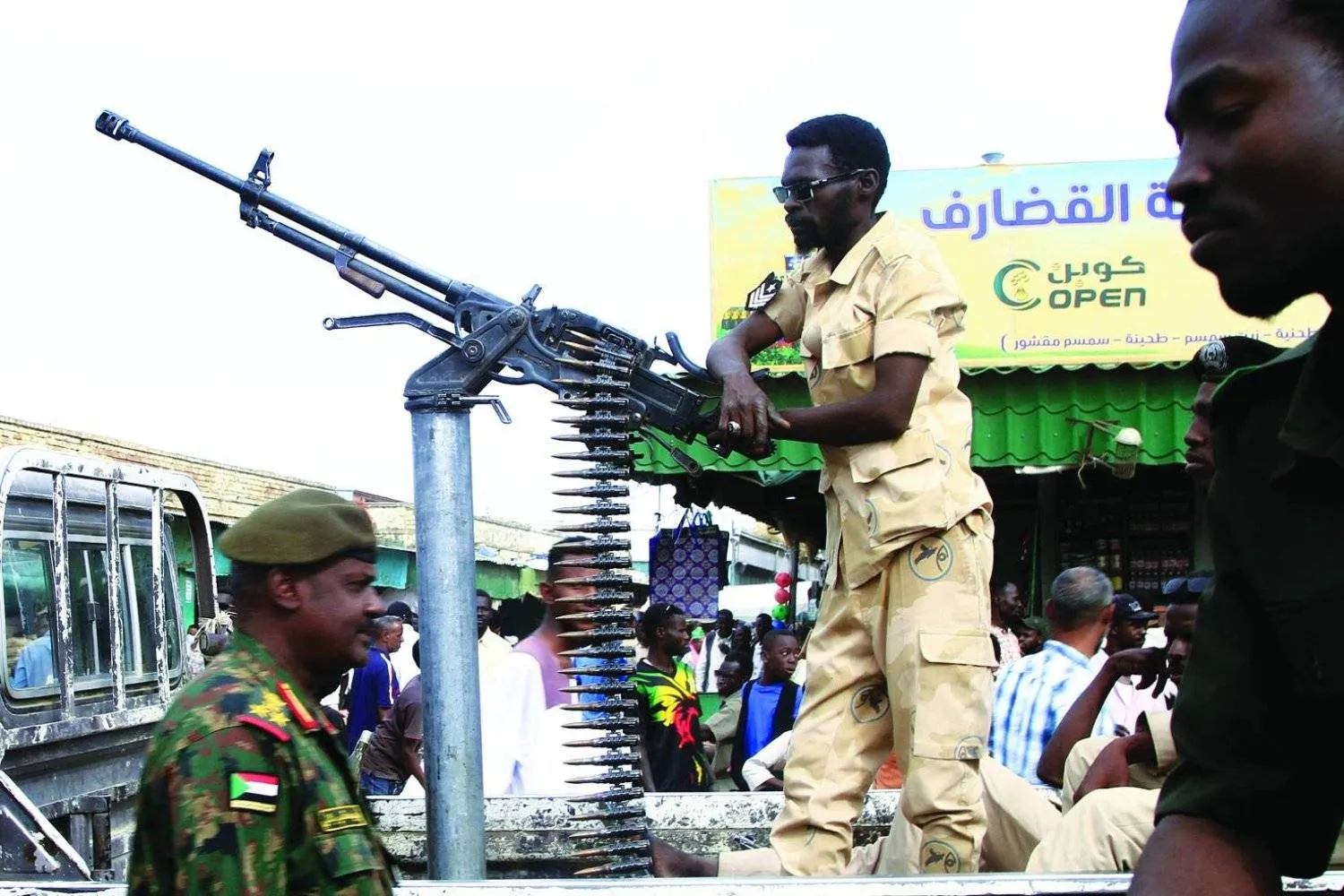As Sudan marks one year since the start of its war, US efforts to broker peace and deliver aid to millions trapped in the conflict are struggling.
After talks in Saudi Arabia’s Jeddah stalled months ago, the US is aiming to bring warring sides back to the negotiating table this month, led by the new special envoy for Sudan, Tom Perriello.
Former US officials speaking to Asharq Al-Awsat have weighed in their thoughts on the Sudan conflict and US policy in the region.
Former US Ambassador to South Sudan Susan Page called the situation in Sudan horrific, expressing concern that it's not getting enough global media attention amid other international crises.
She told Asharq Al-Awsat that while there are many crises worldwide, Sudan is crucial, and its people are really suffering.
Donald Booth, former US Special Envoy to Sudan and South Sudan, sees deepening divisions in Sudan after a year of conflict.
Booth explained that the Sudanese Armed Forces, led by figures from Omar al-Bashir’s era, now rely more on support from former Bashir allies, including the Justice and Equality Movement from Darfur.
This has narrowed the neutral ground among armed groups.
The army’s ceasefire terms involve disbanding the Rapid Support Forces (RSF).
On the other hand, the RSF fear they’ll lose their place in Sudan if the army wins, so they’re motivated to fight, especially with external backing.
Moreover, civilian political and civil society groups, aiming for a civilian-led transition, are divided by political and personal rifts, Booth told Asharq Al-Awsat.
Alberto Fernandez, former Chargé d'affaires of the US Embassy in Khartoum, sees little change in the military situation, noting that despite recent army gains, the humanitarian crisis for Sudanese people continues to worsen.
Speaking to Asharq Al-Awsat, Fernandez added that while the army advances, it’s not a clear victory, and more fighting is expected.
For his part, Cameron Hudson, former Chief of Staff in the Special Envoy’s Office for Sudan, believes ending the war has become harder.
According to Hudson, both sides struggle to surrender, and the international community has lost focus, leaving Sudan in chaos.
As the conflict drags on without a clear end in sight, Fernandez presents two options for the Biden administration to consider, though he warns of their risks: Firstly, convincing both sides to agree to a negotiated settlement with an immediate ceasefire.
Secondly, a strong commitment from the US to support one side over the other.
Fernandez explained that both sides are determined to win, especially the army, which believes it’s gaining ground.
So, the weaker side would be the one seeking a ceasefire.
The question for US policy, as per Fernandez, is whether to focus on ceasefire, aid, and negotiations, or to back the military for a decisive victory without knowing what comes next.
Meanwhile, Page criticizes the US administration’s handling of Sudan, citing delays in appointing a US ambassador to Khartoum.
She noted that US policy has made many mistakes and missed opportunities.
Much of Washington’s diplomacy has become one-sided, focused only on counterterrorism, revealed Page.









